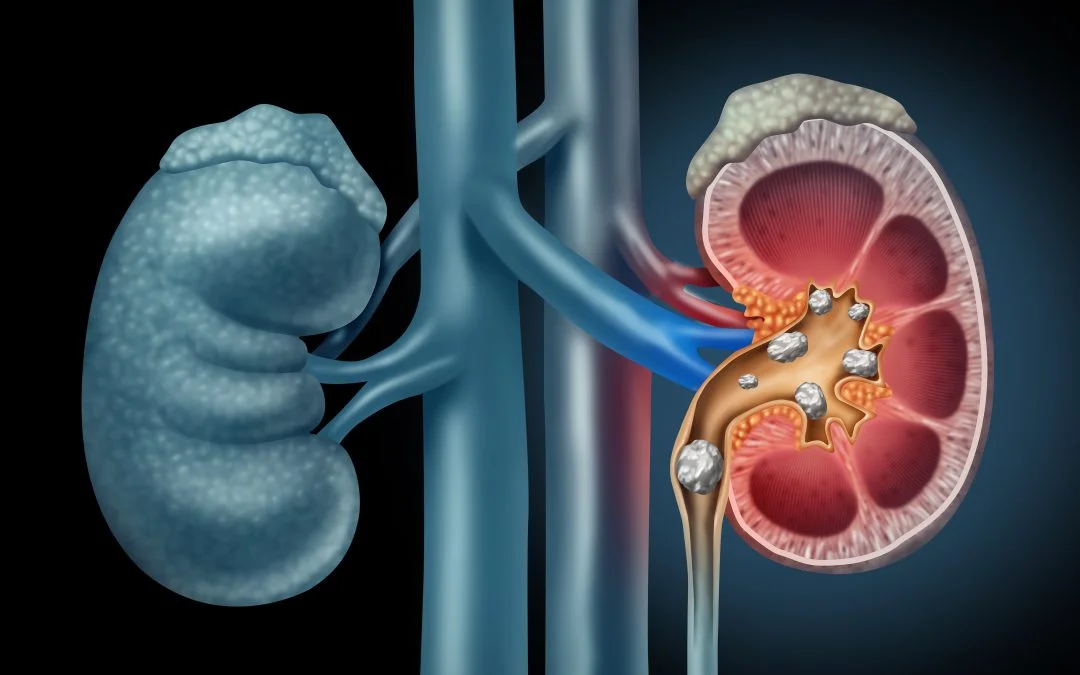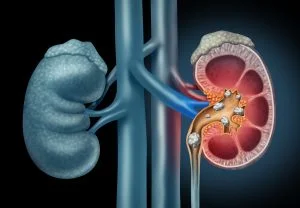
When Does a Urinary Tract Infection Become Dangerous?
Urinary
If you have untreated or recurring UTIs, there is a higher risk of having serious complications like kidney damage, blood poisoning, and even failure of one of your kidneys. In this article, we will explain why you shouldn’t ignore UTIs and what can be done about them.
What is a Urinary Tract Infection?
A UTI happens when bacteria from your bowels gets into your urinary tract and causes an infection in your bladder and/or kidneys. You should know that UTIs are extremely common, so if you have one, you’re certainly not the only one and it’s not something to be especially embarrassed about.
The bacteria that cause UTIs usually come from your own body (such as your mouth or bowel), so they are considered “self-limiting” infections and will clear up on their own and can be cured with antibiotics that specifically target the bacteria causing the infection.
If the infection travels to your kidneys, it can cause a serious infection called pyelonephritis. When this happens, you will need to stay on antibiotics for longer so that the antibiotics can kill the bacteria that have traveled to your kidneys and caused an infection there. If the infection does not clear up on its own and keeps returning, it is called a recurrent urinary tract infection or urinary tract infection.
Symptoms of a UTI
The most common symptoms of a UTI are a burning sensation while urinating and frequent urination, especially at night. You may also experience pain and irritation while urinating and have a strong urge to pee, although not always. The symptoms of a UTI can range from mild to severe.
In some cases, they may even be asymptomatic, which means they have no symptoms at all. You should see a doctor if you experience any of the above symptoms, especially if you’ve already had a UTI before and are experiencing problems with urinating, if you’re experiencing blood in your urine or if you have a fever.
Things You Can do to Prevent Recurrent UTIs
You can prevent recurrent UTIs by making certain lifestyle changes to reduce your risk of infection.
- Drink plenty of water. Water is essential for healthy bladder function, so make sure you keep hydrated by drinking plenty of water every day.
- Wash your hands frequently. Using hand sanitizer is also a good way to prevent infections, especially if you’re in a public place and don’t have access to clean water.
- Take care of your gut health by eating a balanced diet, exercising regularly, getting enough sleep, and avoiding excessive stress. A healthy gut will have fewer harmful bacteria and will be less likely to cause UTIs.
- Wear loose-fitting cotton underwear. Synthetic fabrics such as nylon or spandex can trap moisture, making it easier for bacteria to grow.
- Limit sexual activity. This can reduce the risk of getting UTIs, especially if you’re not in a monogamous relationship or don’t use protection when having sex.
The Dangers of Ignoring a UTI
As we’ve mentioned above, untreated or recurring UTIs can lead to serious complications such as kidney damage, blood poisoning, and even failure of one of your kidneys. The risk of developing these complications increases significantly when the bacteria travel from your bladder to your kidneys. In order to avoid serious complications, you should see a urologist as soon as you notice any UTI symptoms.
Why You Shouldn’t Try to Treat a UTI By Yourself
There are many reasons why you should not try to treat a UTI by yourself. First, your UTI is likely related to another medical problem that requires medical attention.
Second, treating it yourself can cause more problems than it solves because you may be putting yourself at risk for serious side effects from taking antibiotics. Third, it’s very unlikely that you will cure your UTIs in one sitting by using homecare techniques.
Whenever you have a urinary tract infection, it’s best to see a trained urologist as soon as possible. The longer a UTI goes untreated, the worse the damage will be which is why it’s important to see a urologist for proper treatment without wasting time on home remedies.
How to Deal with Recurring UTIs
If you’ve received treatment for a UTI in the past and are now experiencing a recurring infection, it’s important to take the situation seriously and seek medical attention. If the infection is caught early, a urologist can prescribe antibiotics to treat the infection and have it cleared up within a matter of days.
If the infection has already traveled to your kidneys, treatment can take longer. In some cases, recurrent UTIs can be a sign of a larger issue. If you’ve had recurring UTIs that have already been treated with antibiotics, it’s a good idea to visit a urologist to rule out any other possible causes.
Wrapping Up
Urinary tract infections are some of the most common bacterial infections, affecting both men and women. In order to prevent recurrent UTIs, it’s important to maintain a healthy lifestyle and get prompt treatment if you experience symptoms.
If you ignore a UTI, the infection can travel to your kidneys and cause serious complications. Urinary tract infections can be treated with antibiotics and it’s important to take them seriously and seek treatment as soon as possible.
Struggling to Get Rid of a UTI? Call Z Urology!
At Z Urology, you can expect to receive personalized care from expert urologists who will take an individualized approach to your treatment. We will perform a thorough exam and use advanced technology to evaluate your condition. Our clinic offers advanced treatments for UTIs and related conditions, including urinary tract infections.
If you need treatment for a urinary tract infection in South Florida, you need to call the team at Z Urology!
We can’t wait to hear from you!




Recent Comments